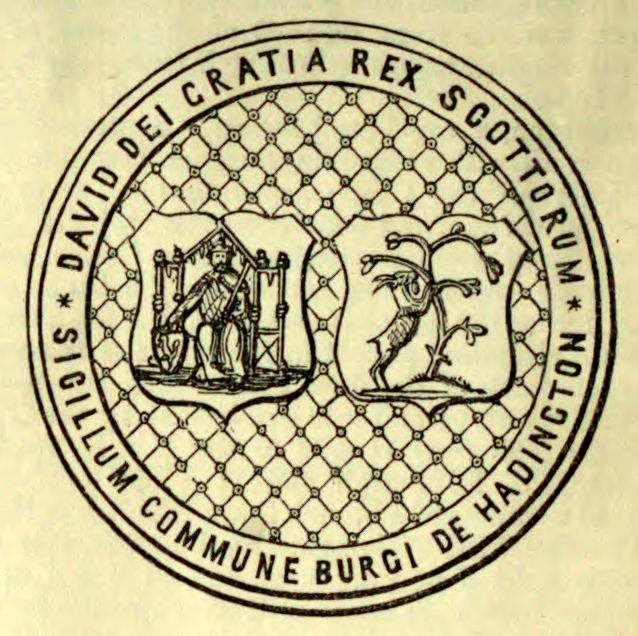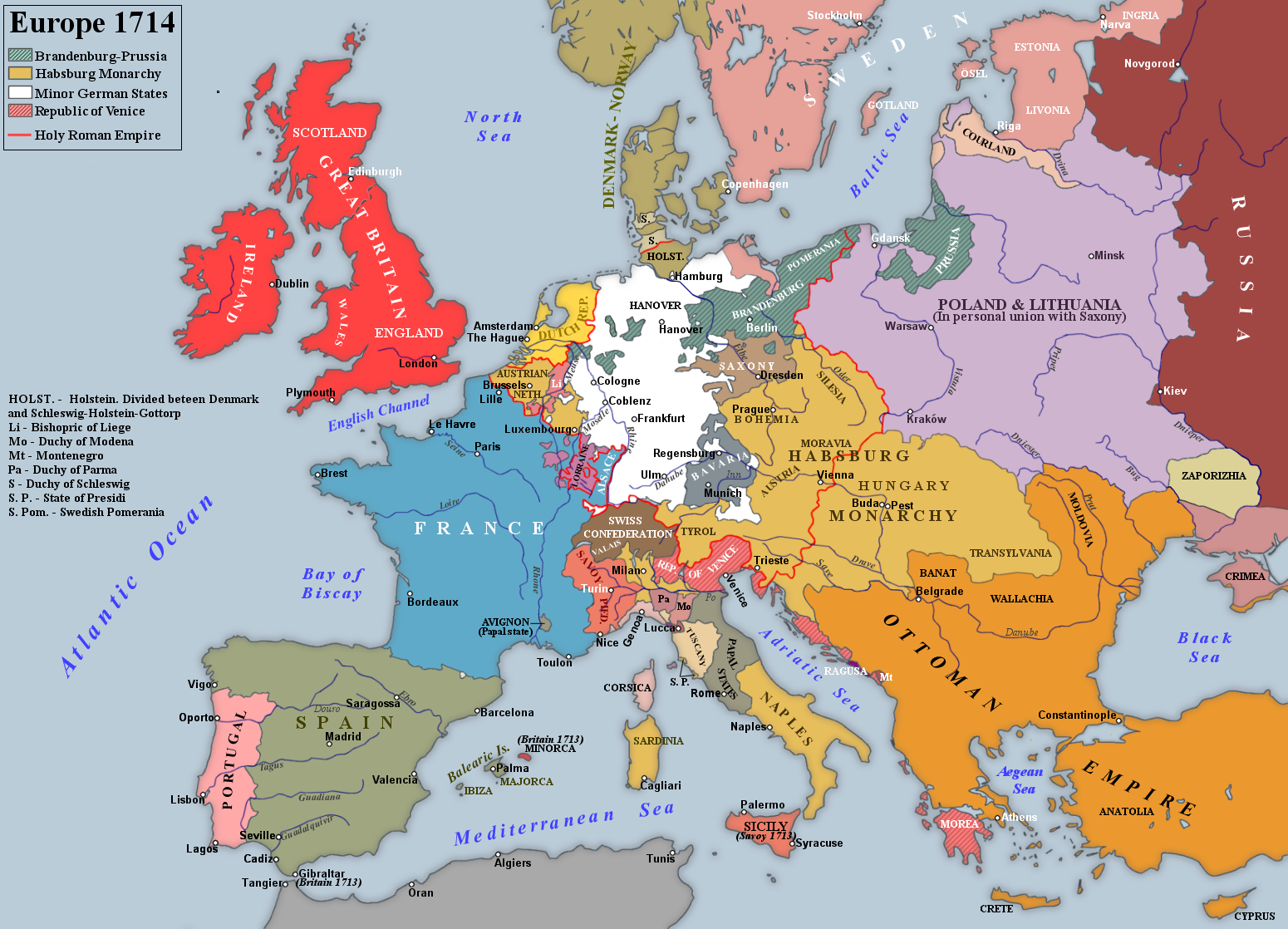|
John Murray, Lord Bowhill
John Murray ( – 24 March 1714) was a Scottish lawyer and politician. He was a Commissioner to the Parliament of Scotland for Selkirk from 1689 to 1702 and for Selkirkshire from 1702 until the Act of Union 1707. He was one of the Scottish representatives to the first Parliament of Great Britain, but may not have taken his seat as he was appointed a Lord of Session as Lord Bowhill on 7 June 1707. Family He is the second son of John Murray and Anne Douglas, and a brother of James Murray, Lord Philiphaugh. By his mother, he is a first cousin of Archibald Douglas, 13th of Cavers. He is also the grandfather of James Murray. References * Leigh Rayment, . Retrieved 13 November 2011. * Leigh Rayment, . Retrieved 13 November 2011. * D.W. HaytonMurray, John (c.1667-1714), of Bowhill, Selkirkin ''The History of Parliament The History of Parliament is a project to write a complete history of the United Kingdom Parliament and its predecessors, the Parliament of Great Britain and th ... [...More Info...] [...Related Items...] OR: [Wikipedia] [Google] [Baidu] |
Parliament Of Scotland
In modern politics and history, a parliament is a legislative body of government. Generally, a modern parliament has three functions: Representation (politics), representing the Election#Suffrage, electorate, making laws, and overseeing the government via hearings and inquiries. The term is similar to the idea of a senate, synod or congress and is commonly used in countries that are current or former monarchies. Some contexts restrict the use of the word ''parliament'' to parliamentary systems, although it is also used to describe the legislature in some presidential systems (e.g., the Parliament of Ghana), even where it is not in the Legal name, official name. Historically, parliaments included various kinds of deliberative, consultative, and judicial assemblies. What is considered to be the first modern parliament, was the Cortes of León, held in the Kingdom of León in 1188. According to the UNESCO, the Decreta of Leon of 1188 is the oldest documentary manifestation ... [...More Info...] [...Related Items...] OR: [Wikipedia] [Google] [Baidu] |
Members Of The Parliament Of Great Britain For Scottish Constituencies
Member may refer to: * Military jury, referred to as "Members" in military jargon * Element (mathematics), an object that belongs to a mathematical set * In object-oriented programming, a member of a class ** Field (computer science), entries in a database ** Member variable, a variable that is associated with a specific object * Limb (anatomy), an appendage of the human or animal body ** Euphemism for penis * Structural component of a truss, connected by nodes * User (computing), a person making use of a computing service, especially on the Internet * Member (geology), a component of a geological formation * Member of parliament * The Members, a British punk rock band * Meronymy, a semantic relationship in linguistics * Church membership, belonging to a local Christian congregation, a Christian denomination and the universal Church * Member, a participant in a club or learned society A learned society ( ; also scholarly, intellectual, or academic society) is an organizati ... [...More Info...] [...Related Items...] OR: [Wikipedia] [Google] [Baidu] |
Shire Commissioners To The Parliament Of Scotland
Shire () is a traditional term for an administrative division of land in Great Britain and some other English-speaking countries. It is generally synonymous with county (such as Cheshire and Worcestershire). British counties are among the oldest extant national divisions in the world. It was first used in Wessex from the beginning of Anglo-Saxon settlement, and spread to most of the rest of England in the 10th century. Today, 23 counties bear the "-shire" suffix in England, 23 in Scotland, and 10 in Wales. In some rural parts of Australia, a shire is a local government area; however, in Australia, it is not synonymous with a "county", which is a lands administrative division. Etymology The word ''shire'' derives from the Old English , from the Proto-Germanic (), denoting an 'official charge' a 'district under a governor', and a 'care'. In the UK, ''shire'' became synonymous with ''county'', an administrative term introduced to England through the Norman Conquest in the ... [...More Info...] [...Related Items...] OR: [Wikipedia] [Google] [Baidu] |
Burgh Commissioners To The Parliament Of Scotland
A burgh ( ) is an autonomous municipal corporation in Scotland, usually a city, town, or toun in Scots. This type of administrative division existed from the 12th century, when King David I created the first royal burghs. Burgh status was broadly analogous to borough status, found in the rest of the United Kingdom. Following local government reorganisation in 1975, the title of "royal burgh" remains in use in many towns, but now has little more than ceremonial value. History The first burgh was Berwick. By 1130, David I (r. 1124–53) had established other burghs including Edinburgh, Stirling, Dunfermline, Haddington, Perth, Dumfries, Jedburgh, Montrose, Rutherglen and Lanark. Most of the burghs granted charters in his reign probably already existed as settlements. Charters were copied almost verbatim from those used in England, and early burgesses usually invited English and Flemish settlers.A. MacQuarrie, ''Medieval Scotland: Kinship and Nation'' (Thrupp: Sutton, 2 ... [...More Info...] [...Related Items...] OR: [Wikipedia] [Google] [Baidu] |
1714 Deaths
Events January–March * January 21 – After being tricked into deserting a battle against India's Mughal Empire by the rebel Sayyid brothers, Prince Azz-ud-din Mirza is blinded on orders of the Emperor Farrukhsiyar as punishment. * February 7 – The Siege of Tönning (a fortress of the Swedish Empire and now located in Germany in the state of Schleswig-Holstein) ends after almost a year, as Danish forces force the surrender of the remaining 1,600 defenders. The fortress is then leveled by the Danes. * February 28 – (February 17 old style) Russia's Tsar Peter the Great issues a decree requiring compulsory education in mathematics for children of government officials and nobility, applying to children between the ages of 10 and 15 years old. * March 2 – (February 19 old style) The Battle of Storkyro is fought between troops of the Swedish Empire and the Russian Empire, near what is now the village of Napue in Finland. The outnumbered Swedish forces, under th ... [...More Info...] [...Related Items...] OR: [Wikipedia] [Google] [Baidu] |
1660s Births
Year 166 ( CLXVI) was a common year starting on Tuesday of the Julian calendar. At the time, it was known as the Year of the Consulship of Pudens and Pollio (or, less frequently, year 919 ''Ab urbe condita''). The denomination 166 for this year has been used since the early medieval period, when the Anno Domini calendar era became the prevalent method in Europe for naming years. Events By place Roman Empire * Dacia is invaded by barbarians. * Conflict erupts on the Danube frontier between Rome and the Germanic tribe of the Marcomanni. * Emperor Marcus Aurelius appoints his sons Commodus and Marcus Annius Verus as co-rulers (Caesar), while he and Lucius Verus travel to Germany. * End of the war with Parthia: The Parthians leave Armenia and eastern Mesopotamia, which both become Roman protectorates. * A plague (possibly small pox) comes from the East and spreads throughout the Roman Empire, lasting for roughly twenty years. * The Lombards invade Pannonia (modern Hung ... [...More Info...] [...Related Items...] OR: [Wikipedia] [Google] [Baidu] |
Selkirkshire (UK Parliament Constituency)
Selkirkshire was a Scottish county constituency represented in Great Britain and after 1801 the House of Commons of the Parliament of the United Kingdom from 1708 until 1868, when it was combined with Peeblesshire to form Peebles and Selkirk. Creation The British parliamentary constituency was created in 1708 following the Acts of Union, 1707 and replaced the former Parliament of Scotland shire constituency of Selkirkshire. Boundaries The constituency covered the whole county of Selkirkshire except for the county town of Selkirk which was represented separately as part of the Lanark Burghs constituency until 1832 when it was combined with Selkirkshire. History The constituency elected one Member of Parliament (MP) by the first past the post system until the seat was abolished for the 1868 general election. It was combined with Peeblesshire to form Peebles and Selkirk. Members of Parliament Election results Elections in the 1830s ... [...More Info...] [...Related Items...] OR: [Wikipedia] [Google] [Baidu] |
Scottish Representatives To The First Parliament Of Great Britain
The Scottish representatives to the first Parliament of Great Britain, serving from 1 May 1707 to 26 May 1708, were not elected like their colleagues from England and Wales, but rather hand-picked. The forty five men sent to London in 1707, to the House of Commons of Great Britain, House of Commons of the 1st Parliament of Great Britain, were co-opted from the Commissioners of the newly adjourned Parliament of Scotland (see List of constituencies in the Parliament of Scotland at the time of the Union). Legal background to the composition of the 1st Parliament Under the Treaty of Union of the Two Kingdoms of England and Scotland it was provided: "III. THAT the United Kingdom of Great Britain be Represented by one and the same Parliament to be stiled the Parliament of Great Britain. ... XXII. THAT ... A Writ do issue ... Directed to the Privy Council of Scotland, Commanding them to Cause ... forty five Members to be elected to sit in the House of Commons of the Parliament of Gre ... [...More Info...] [...Related Items...] OR: [Wikipedia] [Google] [Baidu] |



